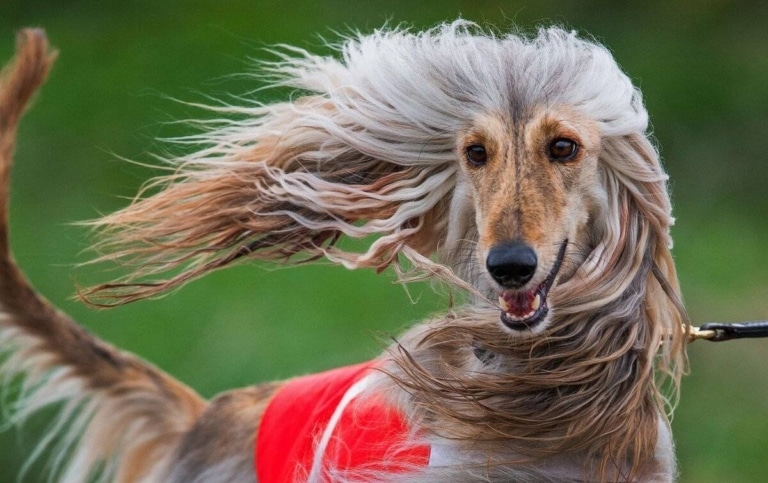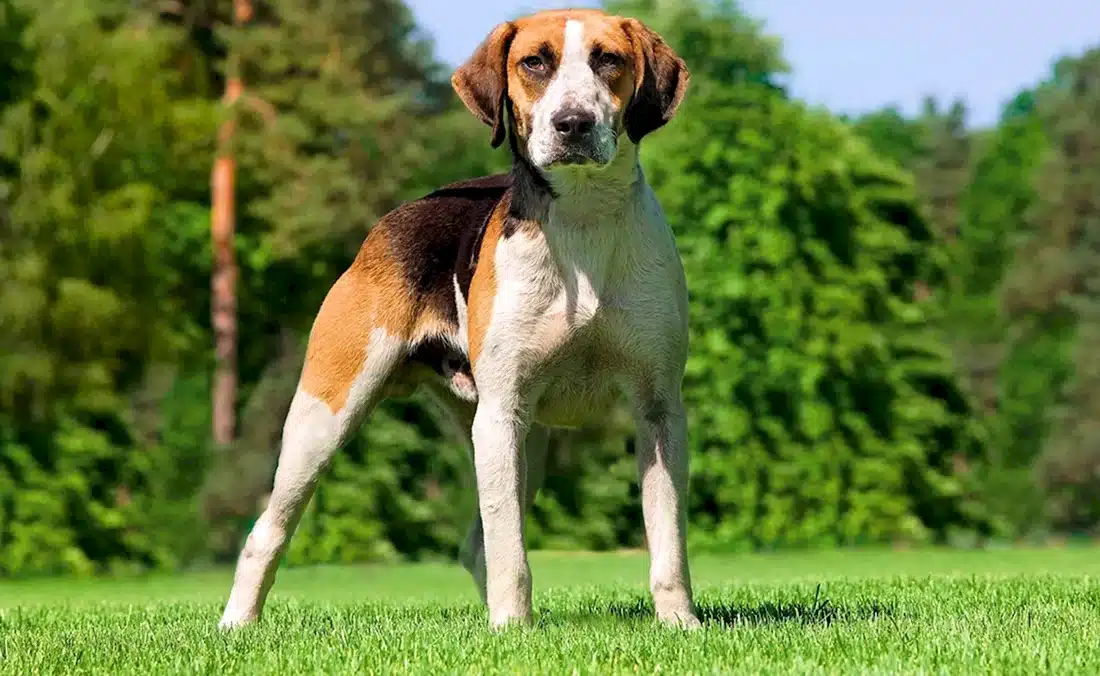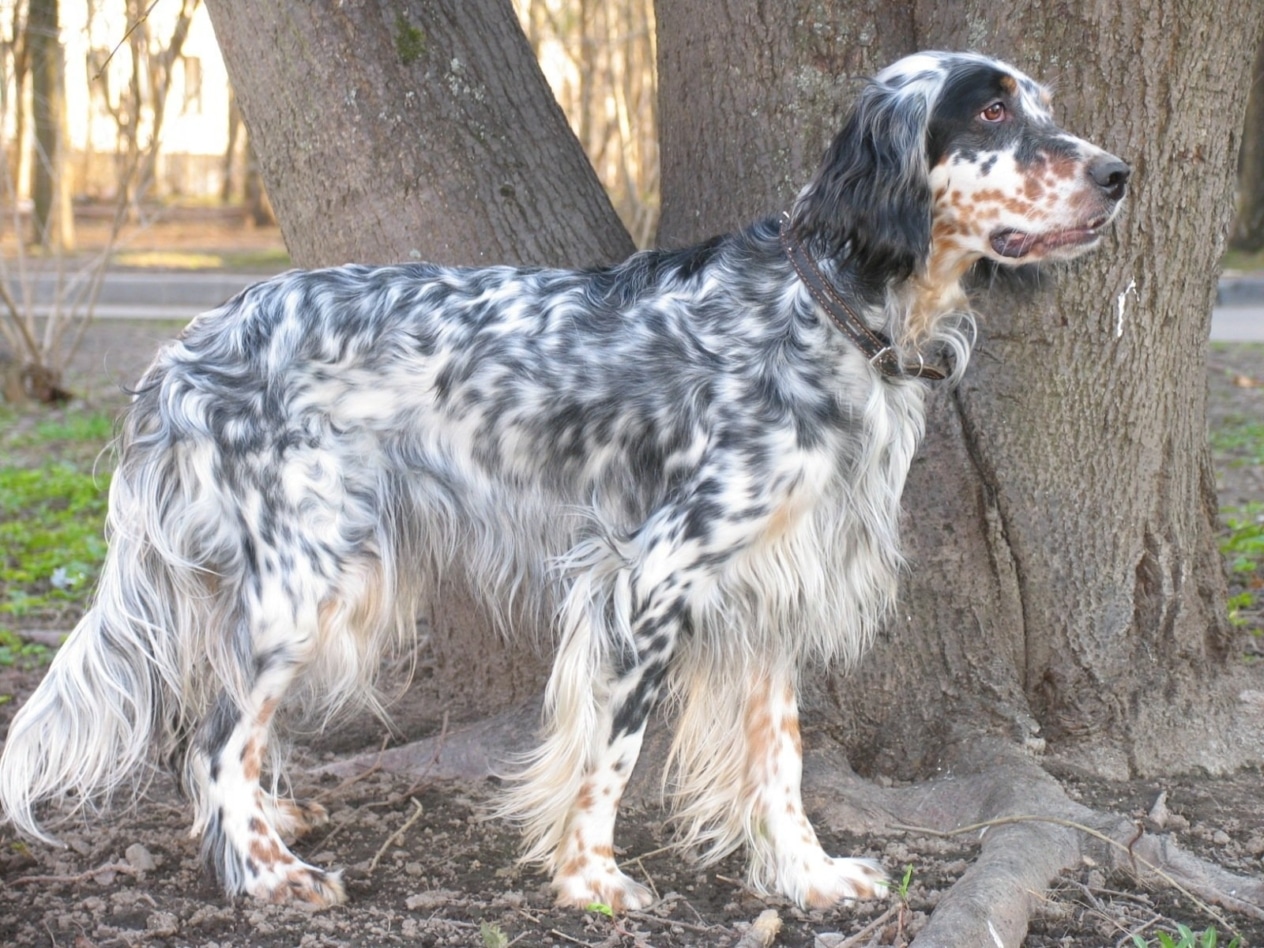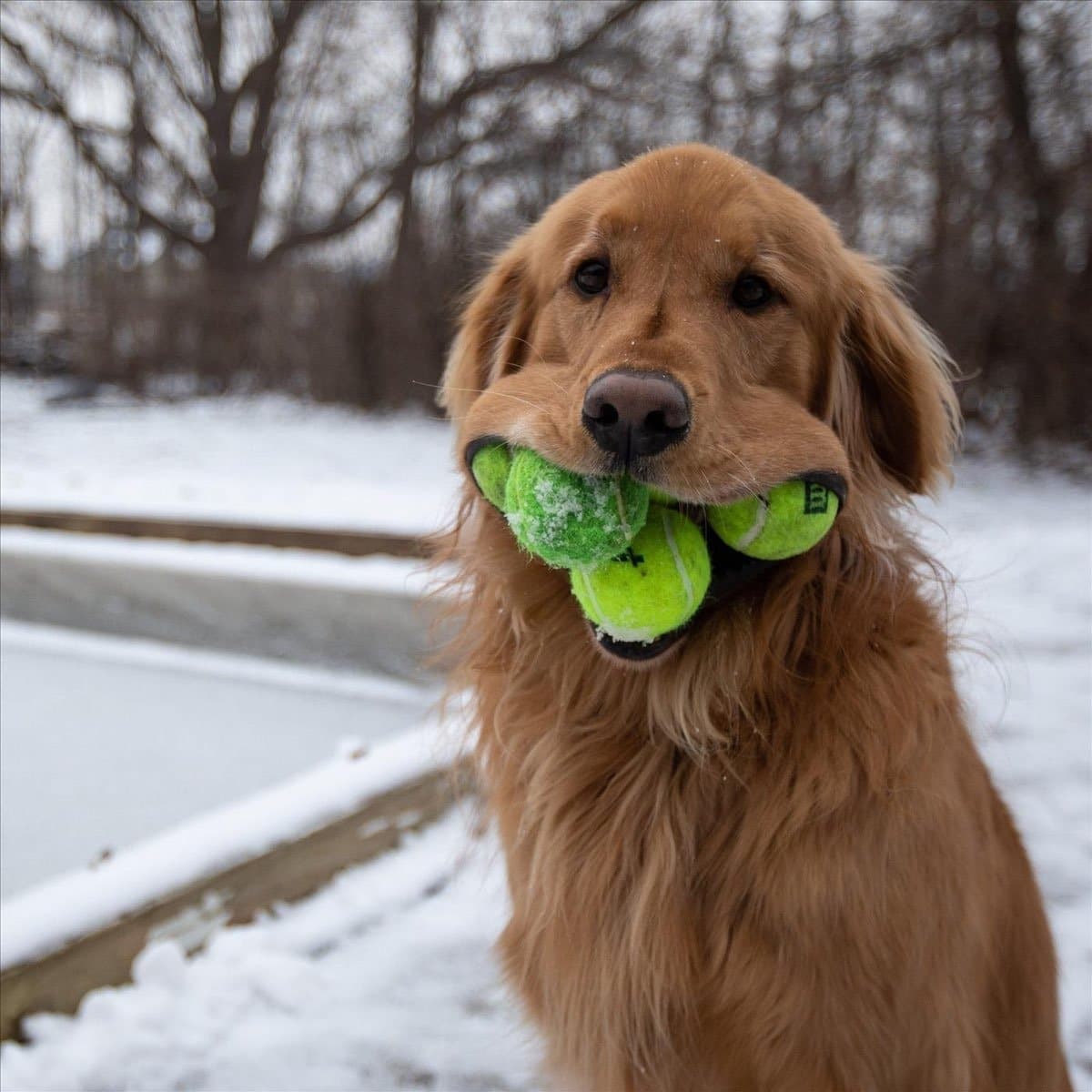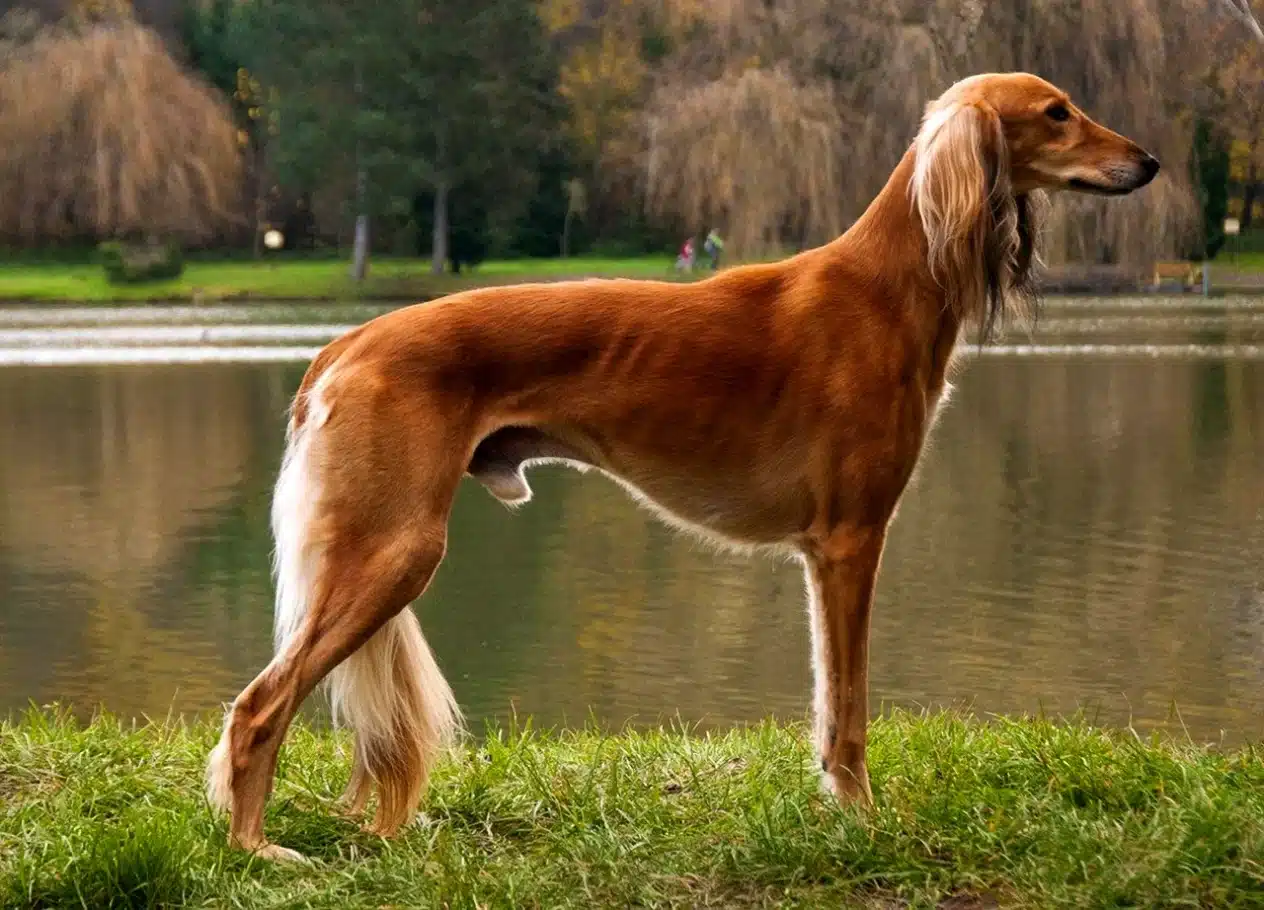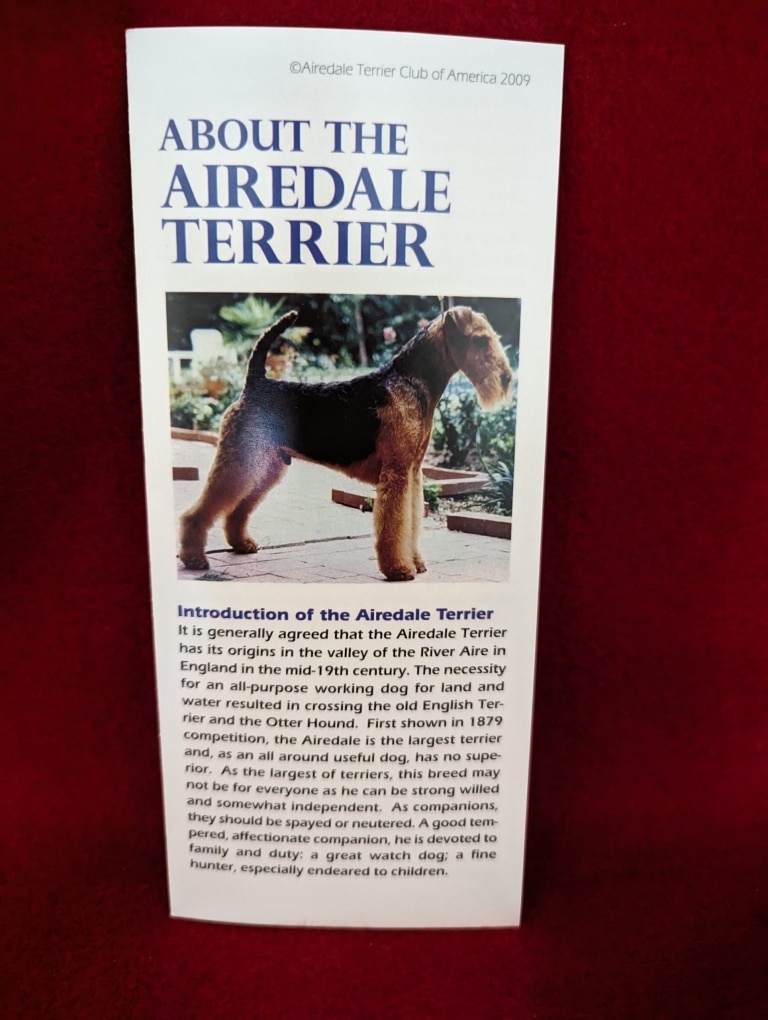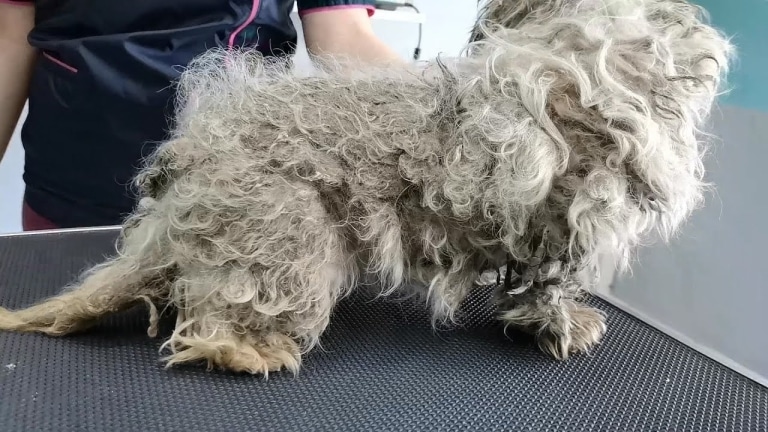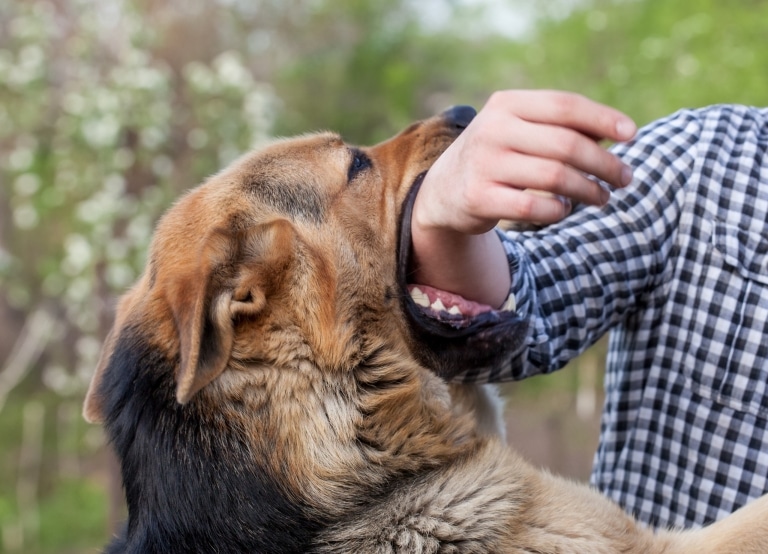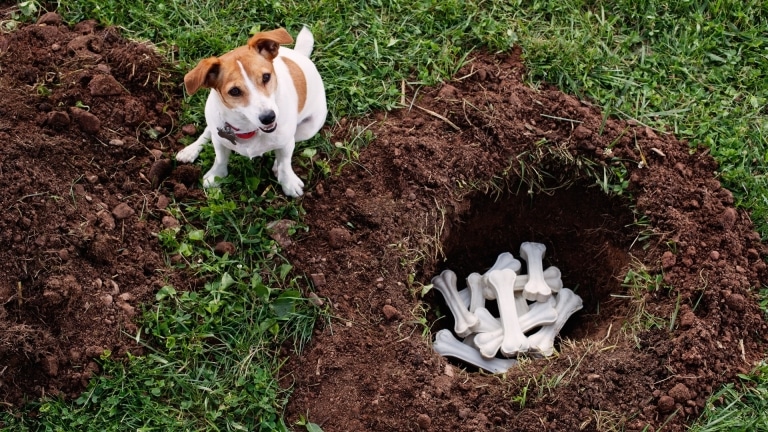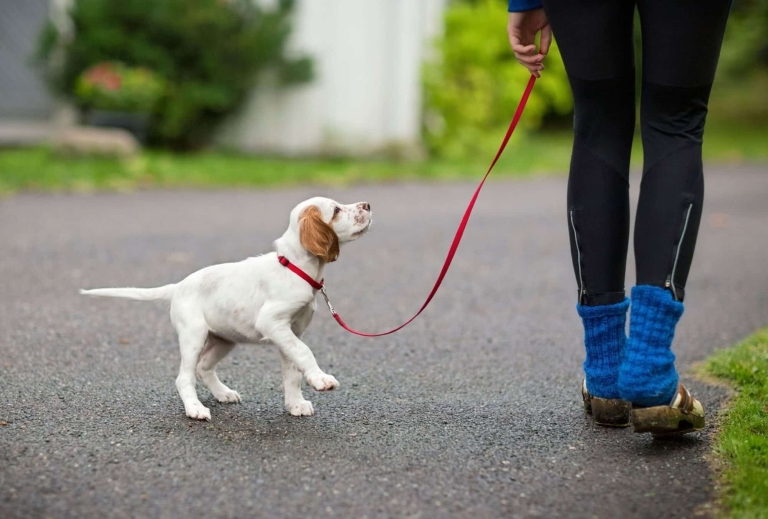What are hunting dog breeds?
Hunting breeds are dogs that have been bred for centuries to help humans hunt. Each breed is adapted to a specific type of hunting task, which includes stalking, detecting, catching, or bringing down prey. Thanks to selection, hunting dogs have specific qualities: a sharp sense of smell, speed, endurance and understanding of commands.
Since ancient times, humans have relied on dogs to provide food. The first hunting dogs were universal: they not only helped catch prey, but also protected it from predators. In different parts of the world, dogs have adapted to local conditions. For example, greyhounds evolved to hunt in the steppes, where it was necessary to quickly catch up with prey, and burrowing breeds specialized in finding prey in underground caches.
Nowadays, hunting dogs are still used for their intended purpose, but most of them find a new role as companions. Their intelligence, loyalty and activity make them popular among families who appreciate an active lifestyle together.
Classification of hunting breeds
Hounds: Masters of the chase
Hounds are game stalking specialists who can follow their prey for hours thanks to their hardy bodies and keen sense of smell. These dogs work in open areas and often in packs. They are true breeds of hunting dogs, they can track the scent of prey even after a long time.
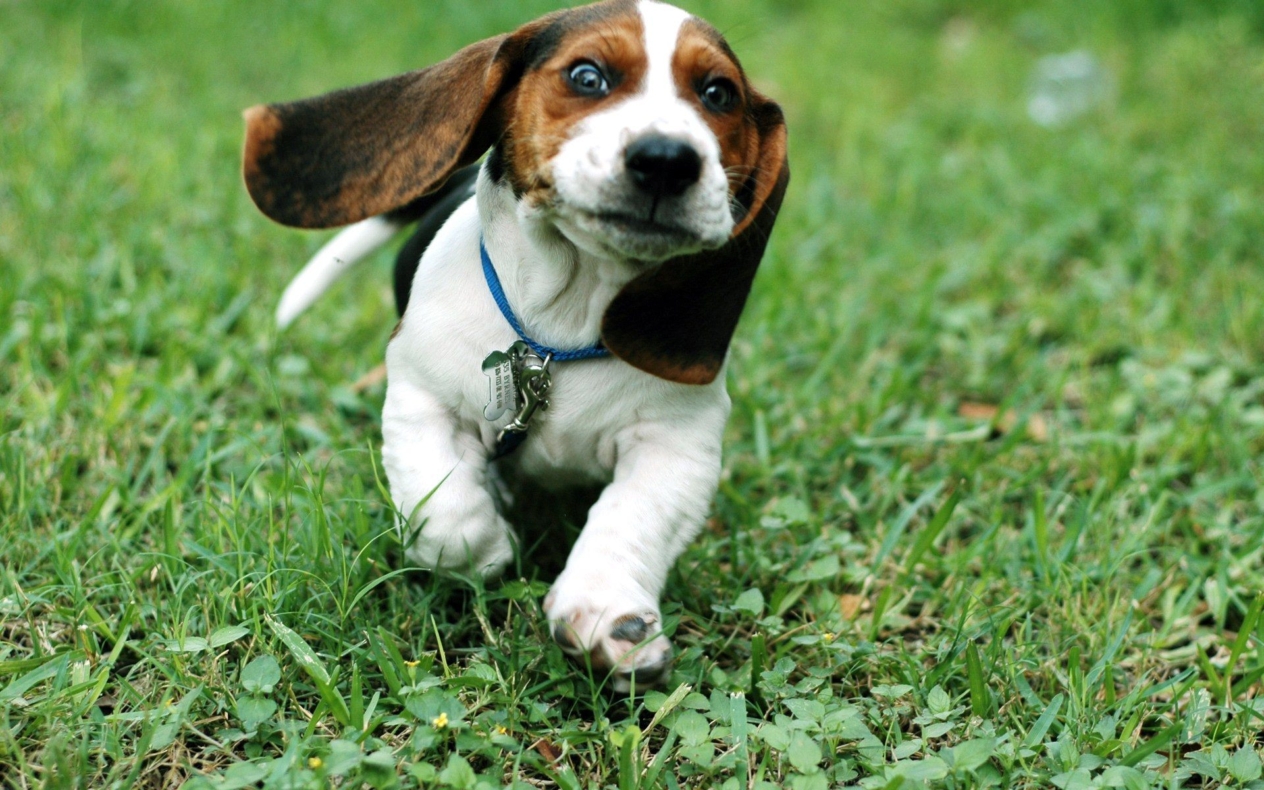
- Beagle: Compact and inquisitive, the Beagle is the perfect hare hunter. Its sense of smell is so developed that it is often used in search operations. However, beagles require strict discipline: their love of smells can prevent them from listening to commands.

- English Foxhound: This is a larger and stronger hound that can chase prey for hours. Works great in a pack, but less adapted to individual hunting.
Hounds have an extremely developed sense of smell, which makes them the best assistants in chasing prey even in hard-to-reach places.
Lyagavi: Experts in finding game
Lying dogs are distinguished by the ability to find game and point to it, freezing in a characteristic stance. They work in the field, forest or swamps, where it is important to keep quiet so as not to frighten the prey.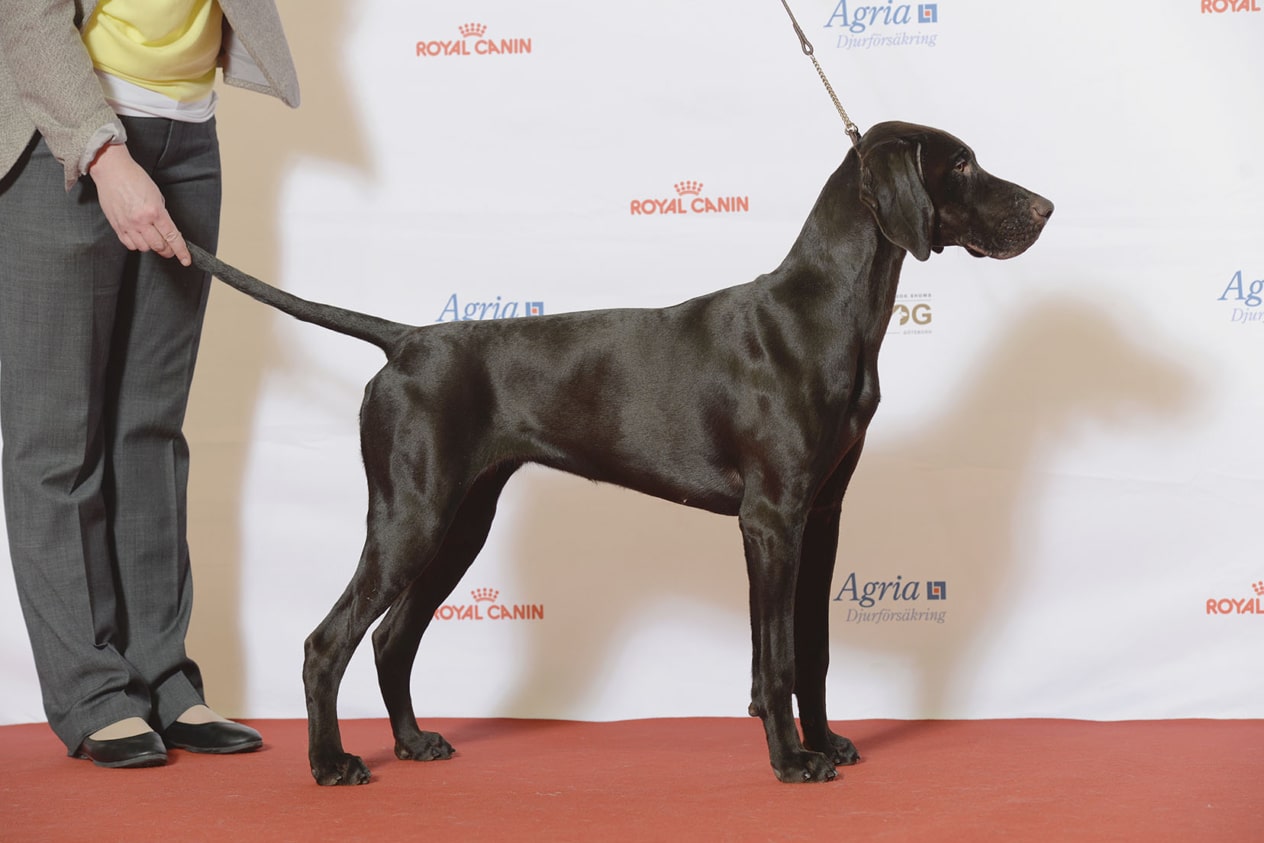
- German Kurzhaar: One of the most versatile hunters that excels both on land and in water. Its feature is a clear stand, which helps the hunter to determine the location of the game.

- English Setter: Its lightness and elegance make it a master at finding birds. This breed requires constant training to maintain its skills.
Recumbent breeds are ideal for bird hunters and hunters who appreciate a methodical approach to finding game.
3. Retrievers: Reliable partners for fetching game
Retrievers have a special talent for soft capture of prey, which allows not to damage it. Their role is to find the downed bird and return it to the hunter.
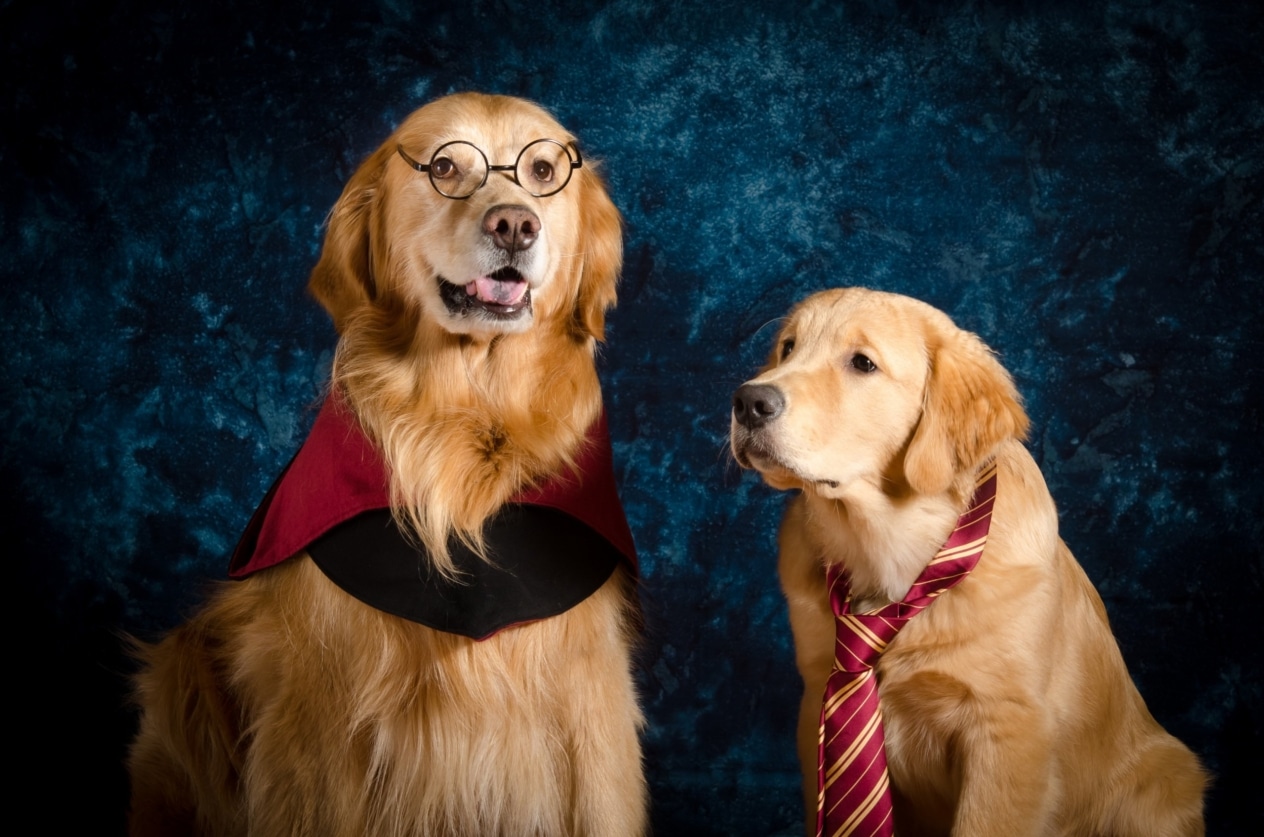
- Labrador Retriever: Extremely intelligent and docile, the LABRADOR is often used in sport hunting. Its love of water makes it ideal for working in swamps and rivers.

- Golden Retriever: This breed is not only an effective hunter, but also a great companion. Due to their friendliness, they often work as therapy dogs.
Retrievers need constant physical and mental exercise. Their intelligence and desire to please their owners make them easy to train.
4. Norn Dogs: Brave seekers underground
These dogs were bred to hunt foxes, badgers and rabbits hiding in burrows. Their compact size and relentless energy allow them to easily penetrate narrow spaces.
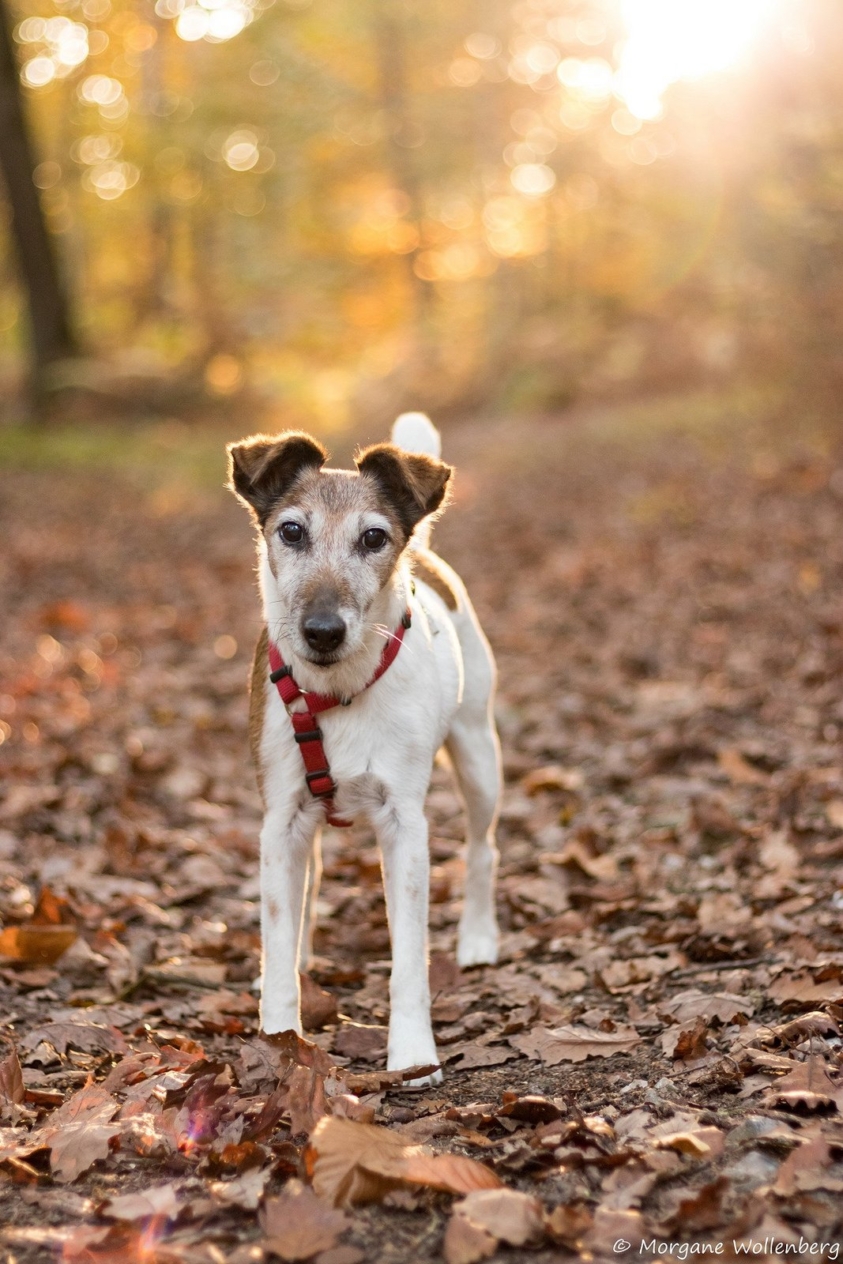
- Fox Terrier: This breed combines bravery with lightning quick reactions. Her main task is to bring the prey out of the hole, which requires courage and endurance.

- Jack Russell Terrier: Despite its small size, this breed has an incredible reserve of energy. Her strength lies in speed and dexterity.
Norn dogs demonstrate a unique combination of strength, courage and adaptability to work in hard-to-reach places.
5. Greyhound dogs: Speed and vision at the service of the hunter
Greyhounds are dogs known for their speed and keen eyesight. They specialize in chasing game in open areas. The Chorus dog is extremely fast and a very independent animal.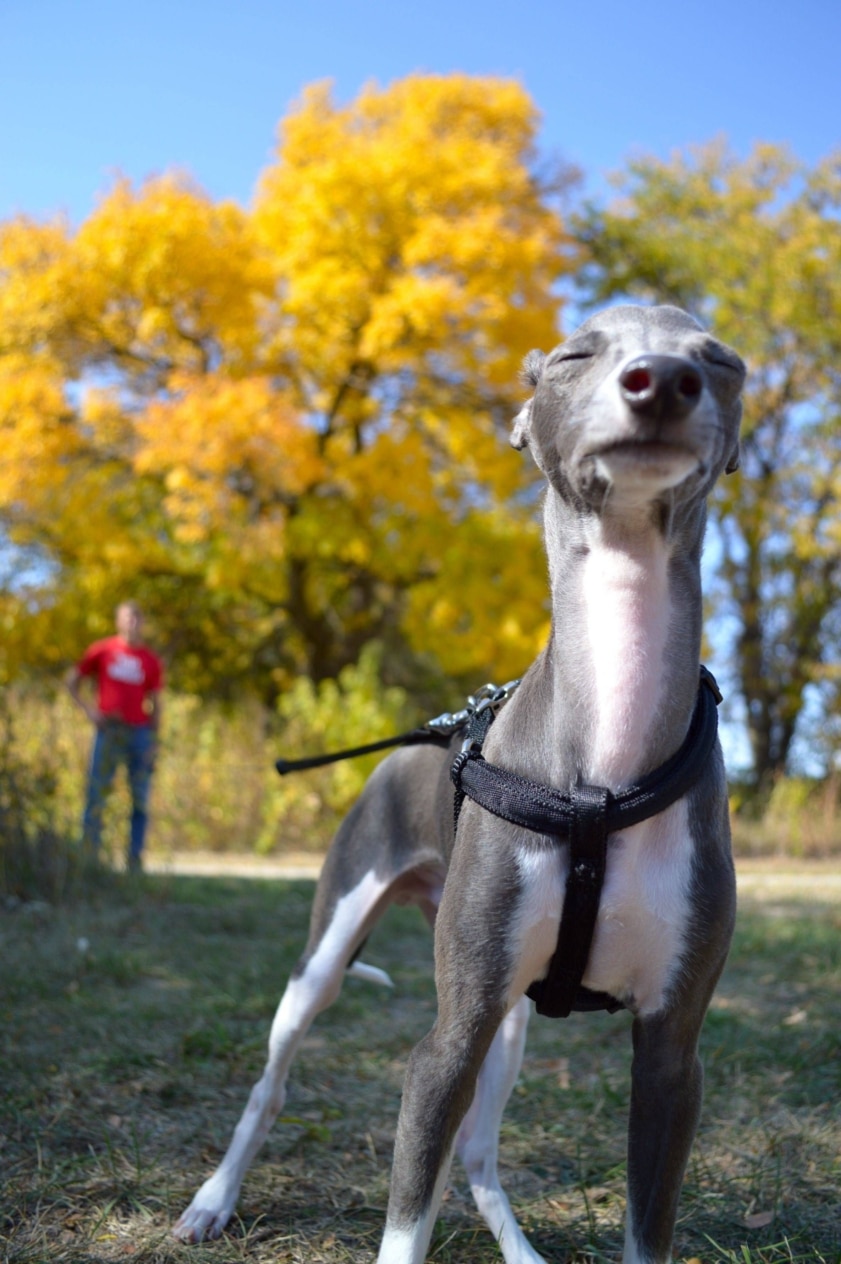
- Greyhound: The fastest greyhound dog in the world, which can reach speeds of up to 70 km/h. It was used for hunting hares and foxes.

- Saluki: This breed has a thousand-year history and is a symbol of refinement and grace. Her specialty is hunting gazelles in the desert.
Greyhounds need space and exercise, because their natural energy requires an outlet.
Peculiarities of care for hunting breeds
Hunting breeds are true “athletes” with specialized physical and mental needs. Ensuring proper care for such dogs is the responsibility of every owner who decided to get a hunter.
Physical needs
Hunting dogs have a high level of energy that needs to be directed in the right direction. These animals need long walks, active games and exercise. For them, just a short walk on a leash near the house is not enough. For example, a beagle or labrador needs to be able to run, play frisbee or swim.
To avoid behavioral problems due to excess unspent energy, daily walks should last at least 1.5-2 hours. Special attention should be paid to safe open spaces where the dog can run without a leash. Hunting breeds of dogs not only love movement, but also need it to maintain their health.
Mental challenges
These dogs are extremely intelligent and learn new skills quickly, but at the same time they need constant mental stimulation. Monotonous training can quickly tire hunting breeds. Brain games like finding hidden objects, completing complex commands or learning special tricks help keep their attention.
For example, retrievers like to fetch objects, but the task can be complicated: hide the object in a hard-to-reach place or add a command to search by smell. This not only keeps them mentally active, but also allows them to use their natural abilities.
The importance of proper upbringing
Hunting instincts are both a blessing and a challenge. If the dog does not receive proper education, these instincts can manifest themselves in undesirable situations. For example, hounds can get carried away by a scent and run away during a walk, and greyhounds can start chasing small animals.
To avoid such problems, it is important to teach the dog basic commands, especially “Come to me” and “Stand”. Classes with a professional dog trainer will help to strengthen obedience even in stressful situations. In addition, it is important for the owner to remain calm and consistent in training: hunting dogs are sensitive to the owner’s mood.
Pros and cons of keeping hunting dogs
Pluses
- High energy and endurance
Hunting breeds are a true example of strength and energy. Their activity and enthusiasm make them excellent partners for people who love sports, active recreation or even marathons. Labradors, for example, can become ideal companions for morning runs or trips to nature. - Intelligence and ability to learn
Hunting dogs quickly learn new commands and happily cooperate with their owners. They are ideal for training, competition or sports training such as agility or canicross. Their intelligence allows them to easily adapt to different living conditions. - Loyalty to the master
These dogs are usually very loyal to their owners. Their strong bond with humans is the result of many centuries of working side by side. Hunting breeds are always ready to be there and protect their owner under any circumstances.
Cons
- The need for high activity
Hunting dogs need a lot of physical activity. If their needs are ignored, it can lead to behavioral problems such as damaging furniture or constant barking. For example, beagles become destructive if they are left at home for a whole day without walks. - Strong instincts
Even a well-bred dog can succumb to hunting instincts. Hounds can suddenly run away following a scent, and greyhounds can start chasing small animals. Controlling your instincts takes a lot of time and effort, especially if you live in a city. - Tendency to dominate. Some breeds, for example, terriers, can show stubbornness or desire to dominate. It requires patience and consistency in training, as well as experience in communicating with dogs.
Result
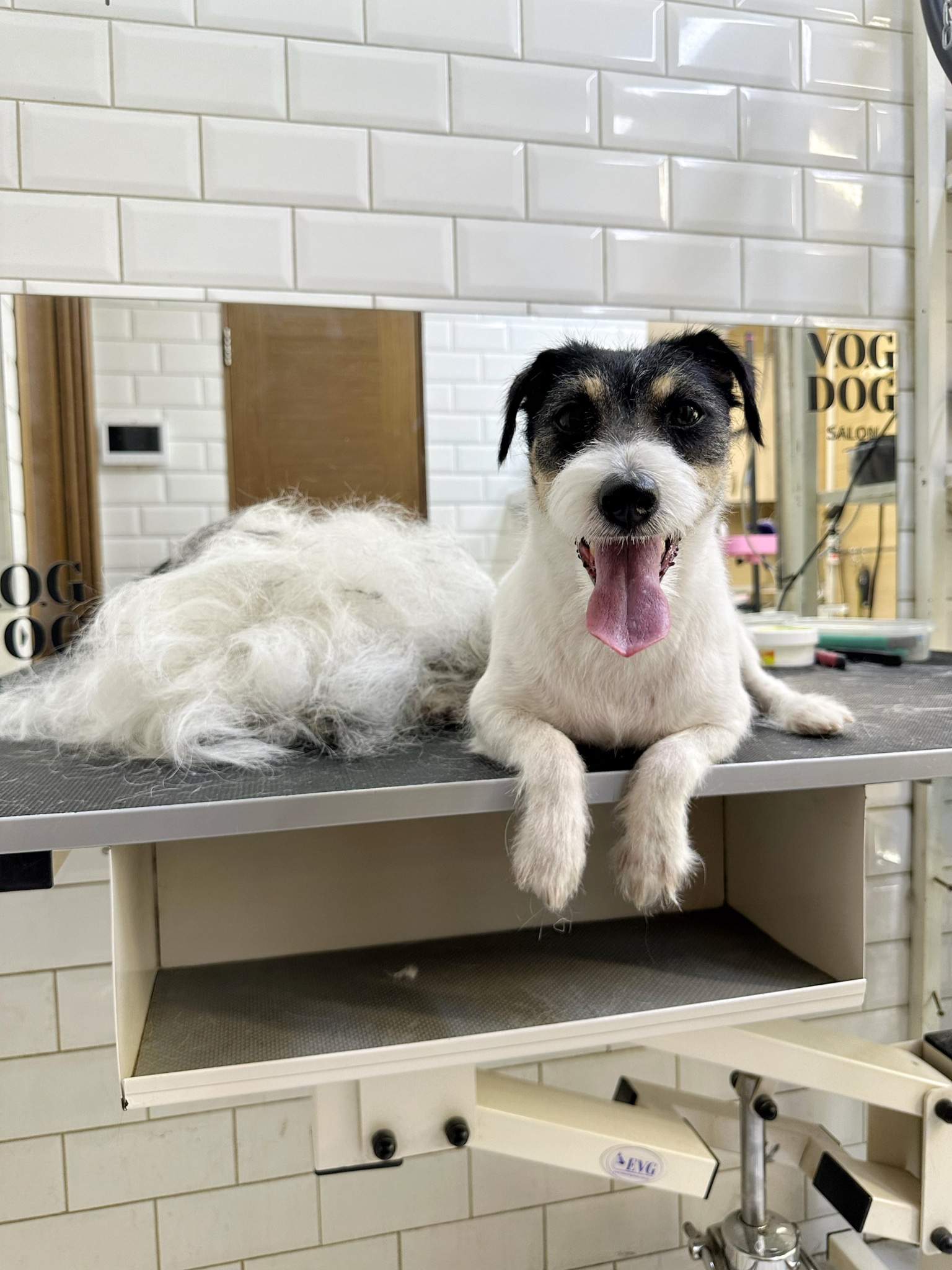
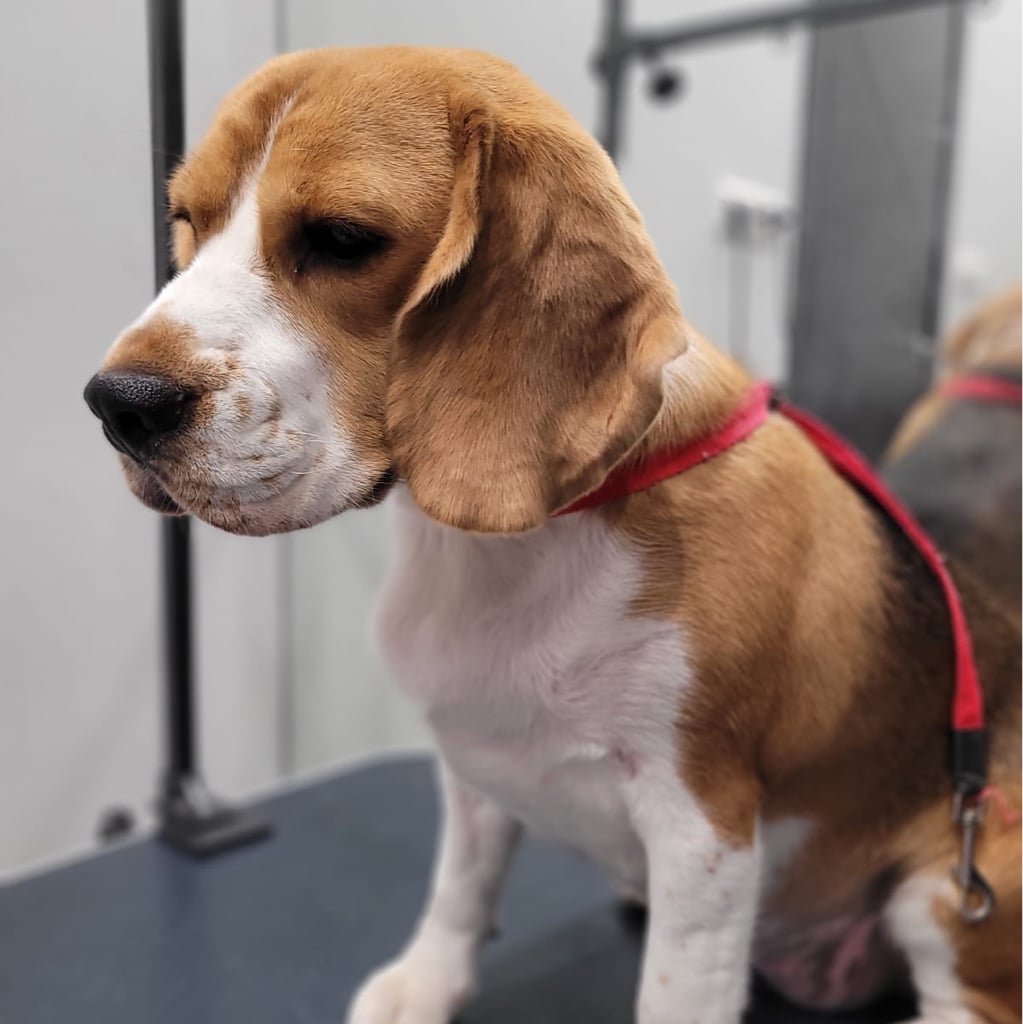
Hunting dogs are extraordinary animals with unique instincts, high intelligence and boundless energy. Their advantages make them excellent partners for an active lifestyle, but caring for such pets requires time, patience and the right approach. In order for your hunter to always remain in great shape, it is important to pay attention not only to his physical and mental needs, but also to regular coat care.
In the V.O.G DOG SALON chain of salons, we know how to provide hunting breeds with professional grooming that takes into account the characteristics of their coat and active lifestyle. From thorough combing of the undercoat to delicate care, our groomers have experience working with hunting breeds and provide them not only with a beautiful appearance, but also with healthy skin and coat.
Entrust your pet to the professionals of V.O.G DOG SALON, so that every walk or active day leaves only pleasant impressions!

